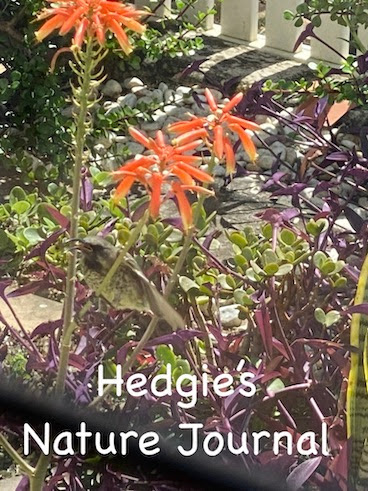Day 1
Seven and a half months ago I found Chi-Chi outside, virtually abandoned by her mother and very weak, couldn't keep up with the family. So of course she was brought inside, put in a basket with a hot water bottle and lovingly pampered over the next few weeks.
Chi-Chi at 2 weeks old
Chi-Chi at 5 weeks old
Chi-Chi at 8 weeks and just starting to sport her little hat
Chi-Chi at 6 months old and getting the nesting urge
Chi-Chi fully independent
After spending six months with me, following me everywhere and often having sojourns outside to the garden and mixing with all the other girls, Chi-Chi has finally left home. She's independent. She's left me. She's fully integrated into the flock now. Her pecking order has been established - she's not right at the bottom of the ladder, that is reserved for ChickyBoo and Micky, but at least she's somewhere in the middle, with the older girls like Kiep, Hettie and Megs still ruling the roost.
She's still very loving and lets met pick her up, carry her around and have some cuddles, but other than that, she's a flock member now. Even laid her second egg in one of the nest boxes in the coop (the one that seems to be favoured by EVERYBODY - they'll stand in queue for hours cackling and fighting about that one nest box and there are nine!), the first egg was laid in the nest I have in my studio (pic above).
And she takes her duty as a flock member very seriously. She dutifully runs up to Artemis when he calls with a tit-bit, stays well out of Meg, Kiep and Hettie's way and also partakes in pecking and chasing ChickyBoo and Micky every chance she gets. It's hard work being a flock member, you have to constantly be aware of what coop politics are taking place currently and keep up with all the latest news. Like the fact that Micky is broody and even though she's the flock's scape-goat, broody time is no time to be messing with someone wanting to sit on eggs.
Micky, the little black hen on the left, keeping an eye on Chi-Chi at supper-time.
I miss having my little Chi-Chi around but I am also extremely happy that her integration into the flock was so effortless and that she's finally no longer an outsider.
.
















